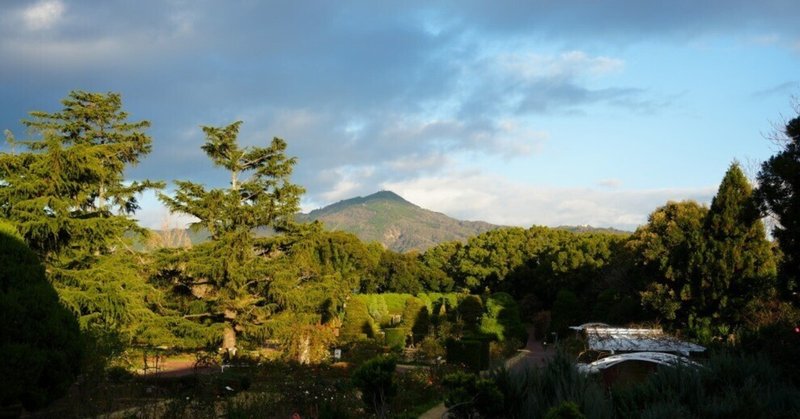
It is the duty of the modern Japanese to clear up such misunderstandings.
The following is from Masayuki Takayama's serial column that brings the magazine Weekly Shincho, released today, to a successful conclusion.
This article also proves that he is the one and only journalist in the postwar world.
It is a must-read not only for Japanese citizens but also for people worldwide.
Who is the dealer?
Hupatia, the beautiful astronomer, told of the miracles of Jesus, "Do not teach superstition as truth."
Then, an angry congregation attacked her and killed her by scraping her flesh with oyster shells.
It took the Japanese until the reign of Iemitsu to drive out the narrow-minded and brutal religion, but the whites of Europe brought opium instead.
First, the Dutch brought it to Taiwan.
The Chinese in Taiwan were immediately captivated by it, and it spread across the straits to the Chinese on the mainland.
At that time, the Manchu Qing Dynasty was established as the new ruler of the Chinese.
When they saw the Chinese people smoking opium, they issued the first opium ban (by the Yongzheng Emperor), believing that the initially lazy people would become even more lethargic.
However, the Chinese would not stop.
Seeing this, the British brought opium directly to China and made a considerable profit.
The Qing Dynasty was furious, and in 1840 the Opium War began.
The British, who won the war, used Hong Kong as a base for their opium business and built a sales network of opium not only in mainland China but also in Southeast Asia, Australia, and the United States using Chinese people in the Pearl River Delta.
There were many coolies in each of these places.
In the 20th century, the Green Gang monopolized the Chinese market by controlling everything from poppy cultivation to heroin refining.
Nevertheless, the British continued to profit from their overwhelming share of the Southeast Asian market.
Lee Kun Choi, former Singaporean ambassador to Japan, whom I met in Penang, told me of his childhood memories with a distant look in his eyes: "I remember the smoke and smell of opium smoldering in the evening sun as the coolies finished their work."
In that area, the number of people who smoked and drank opium continued to increase because it was said to be effective against malaria.
In both China and Asia, those who traded opium were making so much money that they couldn't stop chuckling.
France envied it.
After invoking war against the Qing Dynasty and taking possession of Vietnam, they first "built an opium monopoly corporation (Regis Opiom), distributed opium, and increased the number of addicts.'' (Andre Violis, "Indochina SOS'') France made a lot of money.
During this period, Japan won the Sino-Japanese War and gained Taiwan.
It was a land of plague, poisonous snakes, and opium addicts.
Shinpei Goto, who was appointed Secretary of Civil Affairs, issued identification cards to opium addicts and sold opium only to them.
All proceeds went to opium treatment.
As a result, the number of patients dropped from 160,000 to 60,000 in 20 years and to zero at the war's end.
In British Malaya, where Lee Kun Choi's father and other Chinese sold opium, there were several hundred thousand patients at the time of independence.
Mahathir is aiming for zero patients by putting to death all those with opium, but there is a long way to go.
Manchukuo, which was founded 30 years later than Taiwan, was also a place of severe illness, with people suffering from syphilis, eye disease, hemorrhoids, and opium.
The government provided water and sewage systems, encouraged people to bathe, and required opium addicts to have identification tags, just as in Taiwan.
At the same time, the government intervened in the opium epidemic in mainland China.
Du Yuesheng of the Green Gang and Chiang Kai-shek had teamed up to control the production of opium and the refining and distribution of heroin, making a profit.
The Japanese pursued Chiang, suppressed the Green Gang, and set up the Hsing-a-in to prevent the flow of illicit opium into Manchuria.
However, this method of drug eradication "was deliberately perverted by the U.S. and Chiang Kai-shek, who propagandized that Japan was polluting China with opium and making a killing" (F. Williams, "The Inside Story of Chinese War Propaganda").
Williams continues, "The Japanese were poor propagandists, and instead of striking back, they sulked and shut up."
It is the duty of the modern Japanese to clear up such misunderstandings.
The Mainichi Shimbun's Shigetada Kishii, before his death, blurted out the lie that "Manchukuo was funded by narcotics" with great pretension.
The other day, the Asahi Shimbun also made scholar Motohiro Kobayashi say that the Kwantung Army sold opium for money and that Japan ran the opium trade in China on behalf of the British."
And the Asahi made him talk about the "it was all Japan's fault" theory, the same as the U.S. claims.
If the grandchildren did not believe in their grandfather's good intentions, who would?

この記事が気に入ったらサポートをしてみませんか?
